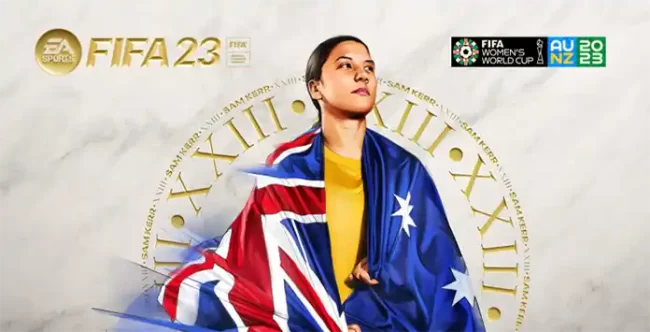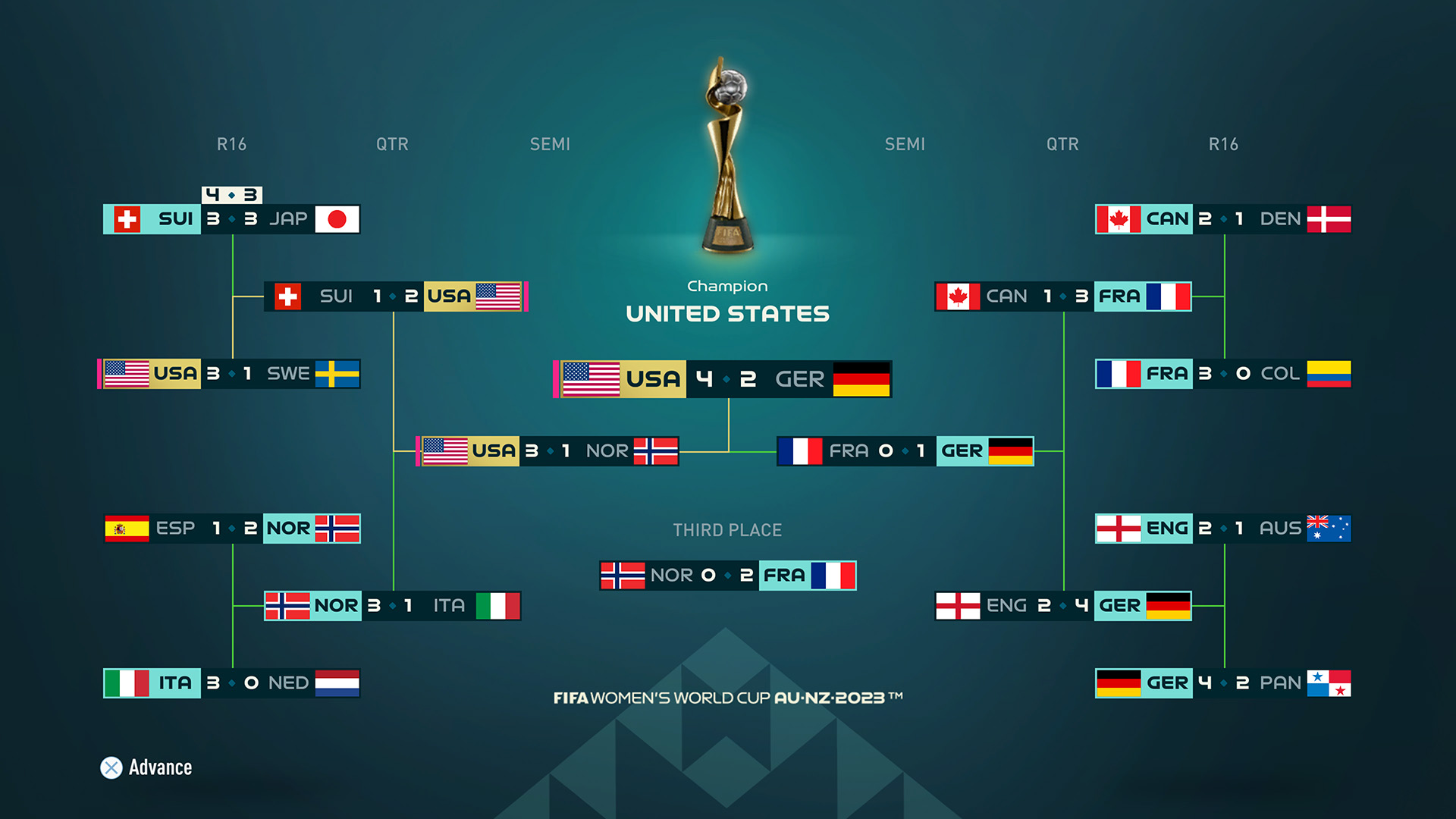Electronic Arts is known for accurately predicting the winners of major international football competitions. However, that was not the case with this year’s Women’s World Cup.
EA’s Past Predictions
Electronic Arts has gained a reputation for its uncanny ability to provide highly accurate predictions regarding the victors of global football championships. Time and again, the company’s simulations have showcased an impressive level of foresight, often aligning with the eventual outcomes of these prestigious tournaments. For instance, in previous editions of the Men’s FIFA World Cup, Electronic Arts successfully forecasted the triumph of teams like Argentina in 2022, France in 2018 and Germany in 2014, showcasing their adeptness at predicting the nuances of the sport’s most significant events.
Moreover, Electronic Arts has extended its prescient predictions to the realm of women’s football as well. During the 2019 Women’s World Cup, the company’s simulations correctly anticipated the victory of the United States, showcasing their commitment to comprehensive analysis and understanding of the game. These instances highlight Electronic Arts’ remarkable track record in prognosticating the outcomes of global football championships, solidifying their status as a reliable source of predictive insights in the world of sports.
FIFA Women’s World Cup 2023
Electronic Arts (EA) is known for its detailed predictions and simulations of sporting events. However, EA’s predictions for this tournament proved to be significantly inaccurate, leading to discussions and debates among fans and sports experts. EA utilized a combination of historical data, player statistics, and simulation models to attempt to predict the tournament’s outcomes. Nevertheless, various unforeseeable factors and surprises occurred during the championship, leading to failures in EA’s predictions.
One of the key areas in which EA’s prediction fell short was in identifying the tournament’s favorites and underdogs. Many teams that were considered favorites by EA’s predictions did not perform as strongly as expected, while underestimated teams exceeded expectations and progressed further in the tournament. Furthermore, individual player performances also challenged EA’s predictions. Many players who were lesser-known or not considered standout performers had exceptional performances, directly impacting match outcomes and making EA’s predictions less accurate.
In summary, EA’s prediction for the 2023 FIFA Women’s World Cup failed to capture the nuances and unpredictabilities of the sport, highlighting the complexity and unpredictability of soccer in all its forms. This serves as a reminder that, despite technological advancements, football remains an unpredictable and thrilling sport, where anything can happen during a high-level tournament.
Where did EA go wrong?
The tech giant’s predictions fell short across the board. Let’s begin with the end. According to the forecasts shared before the tournament’s commencement, the final would feature two teams well accustomed to reaching the ultimate match: USA and Germany. While the two-time world champion managed to reach the round of 16 but was eliminated in a penalty shootout by Sweden, the mighty Germany, on the other hand, couldn’t even advance past the group stage, losing to Colombia and drawing with the Republic of Korea.
The failure becomes even more apparent when we extend our view to the quarter-finals and compare the teams that were supposed to be there with those that actually managed to reach that stage. It becomes almost comical, and it’s almost preferable to consult FIFA betting sites. But the truth is, out of the eight teams that EA predicted to reach this stage of the tournament, only two are there: France and England. All the others fell by the wayside, and some didn’t even make it to the round of 16: Italy, Canada, and Germany.
It wasn’t just in the match outcomes that EA failed. The inaccuracy extended to the top scorers as well. Alex Morgan, who won the Silver Boot four years ago at the 2019 World Cup with six goals and three assists, didn’t score once in Australia or New Zealand. According to EA, she was supposed to score six goals.
It’s time for EA to review its predictions, which are not as infallible as they may seem.

